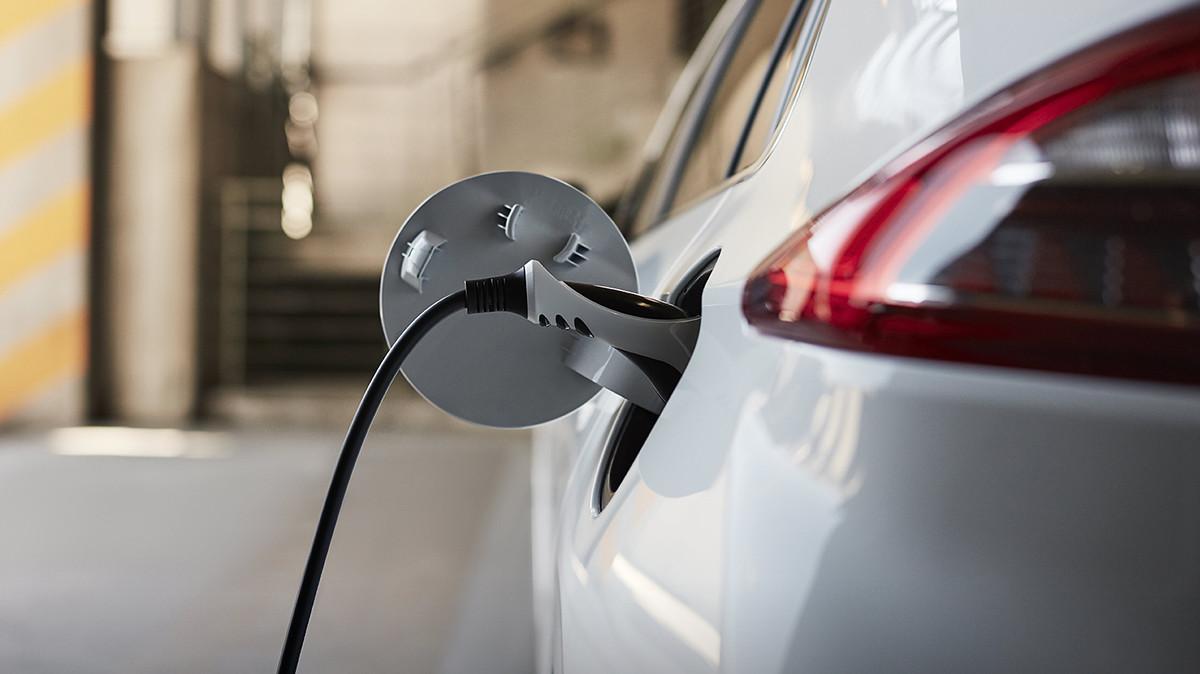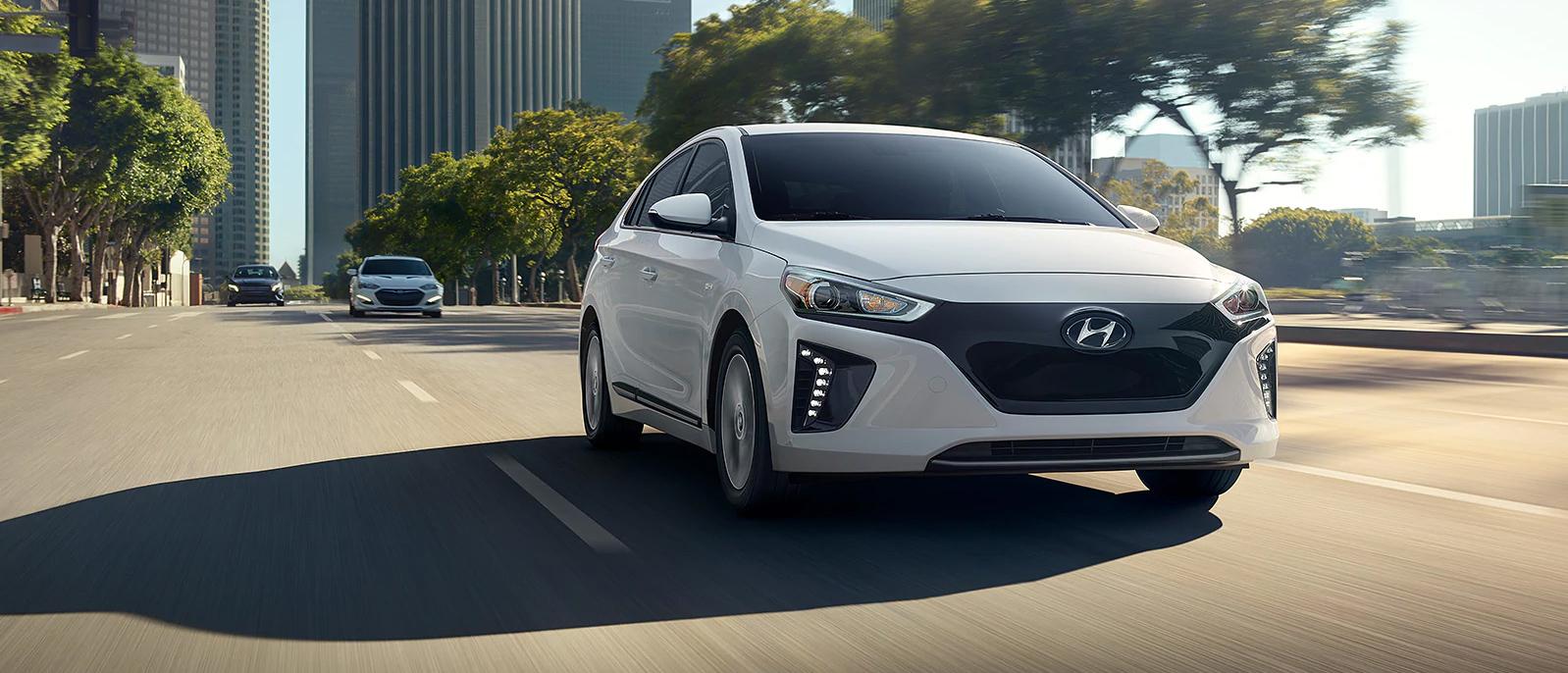Electric Vs. Gas Car Maintenance Costs
When comparing electric cars vs. gas cars, it's clear that EVs benefit from requiring less maintenance than their gasoline-powered counterparts.
EVs utilize way fewer moving parts, whereas gas vehicles have spark plugs, pistons, valves, camshafts, and many more parts that wear out or simply break, and that's just the engine we are talking about.
Parts and servicing cost money, as we are all so painfully aware of, so the EV starts making better financial sense in the long run.
Environmental Consequence
Comparing electric cars vs. gas cars, the automotive industry has had to carefully measure affordability against environmental issues. The combustion engine has come a long way in terms of emissions controls and modern engines are far from their early ancestors. A fact that cannot be changed is that fossil fuel reserves are finite.
Once mankind has depleted all the fossil fuels that can be extracted from under the earth's surface, it's gone forever. This fact plus the threat of increasing Global Warming has forced mankind to consider the use of alternative and renewable energy sources to preserve our home planet.
Enter the EV and its greener credentials. Unfortunately, EVs are not completely environmentally friendly, as life is not always simple.
Most battery-powered devices, from your smartphone and cordless vacuum to the topic of discussion, the EV, all rely on lithium-ion battery technology.
Lithium-ion batteries can store a considerable amount of energy without taking up valuable space and, of course, in the case of EVs, power-sapping weight. The lithium ion battery has been the go to battery for a few decades now as they are able to charge quickly and have a longer working life than other battery technologies.
The rub-off, however, is the environmental cost of using Lithium-ion batteries.
There are two primary environmental costs relating to an electric car. Firstly, the manufacturing of batteries and the toxic emissions released in the processing of mined lithium, plus the environmental impact of the huge amounts of water required to extract the mineral.
Secondly, the impact of producing the energy needed to recharge these batteries with coal-burning power plants is still widespread.
We must not forget the environmental impact of recycling these old batteries when they come to the end of their lifespan.
There is no clear winner in terms of environmental impact.
But, not all is gloom and doom as mankind's incessant need to make life better means that there will always be those automakers researching and developing alternate battery technologies to lithium-ion batteries.
Electric Vs. Gas Cars Driver Experience
The modern vehicle's role is not just about getting from point A to point B. For most buyers with the financial means to shop around, their vehicle of choice is typically an extension of their personality. This distinction is particularly evident when comparing electric cars vs. gas cars.
Outdoors and adventure enthusiasts will not purchase a city runaround as their go to car just as much as a city slicker will not be buying an off road oriented large 4x4 truck .
Electric vehicles will offer a hushed and unrushed driving experience with the electric powertrain making only a light hum. An experience said to offer drivers a profound sense of tranquility and well-being.
EVs don't use gears as in traditional gearboxes and offer a driving experience akin to an automatic with no need for constant gear changes. For those whose daily commute involves hours in stop-start traffic, the EV is a godsend.
Those who favor gas vehicles will argue that this subdued driving experience lacks the fun to drive, intensity and visceral connection that motoring enthusiasts experience when driving a sporty car fitted with a powerful engine that emits all the right sounds.
Countering this argument is that there's no mistaking that electric cars are not quick, with many electric sports cars showing up, even the most powerful supercars, in a head-to-head drag race situation. Thanks to the high instant torque that an electric motor makes, most EVs offer some pretty impressive acceleration.
If you have to choose between an electric car vs. gas car, it all boils down to personal needs and personalities.
Drivers looking to do their bit for the environment and with a preference for a peaceful and unrushed drive will relish the EV driving experience. True motoring enthusiasts on the other hand will not give up their beloved gas motors and the whole sounds and smells of burning fossil fuels to power their motoring enjoyment.
Fueling Up
Range anxiety is a buzzword associated with electric vehicles, but it is still perceived to be one of the greatest barriers to EVs becoming more widely accepted, particularly for fleet operators. This is a significant factor to consider when comparing electric cars vs. gas cars.
Current battery technology simply cannot provide batteries with sufficient capacity without the bulkiness and associated weight that can offer an extended driving range for personal vehicles.
EVs need charging stations, which is fine if your daily commute brings you home where you can plug in at night and drive off fully charged every morning. Problems arise when planning a long holiday trip. The biggest concerns are, where are public charging points along the route? And what if I'm stranded without battery power?
Owners of gasoline-powered cars have it good with a gas station at nearly every urban corner and guaranteed gas stations along every interstate and country road.



